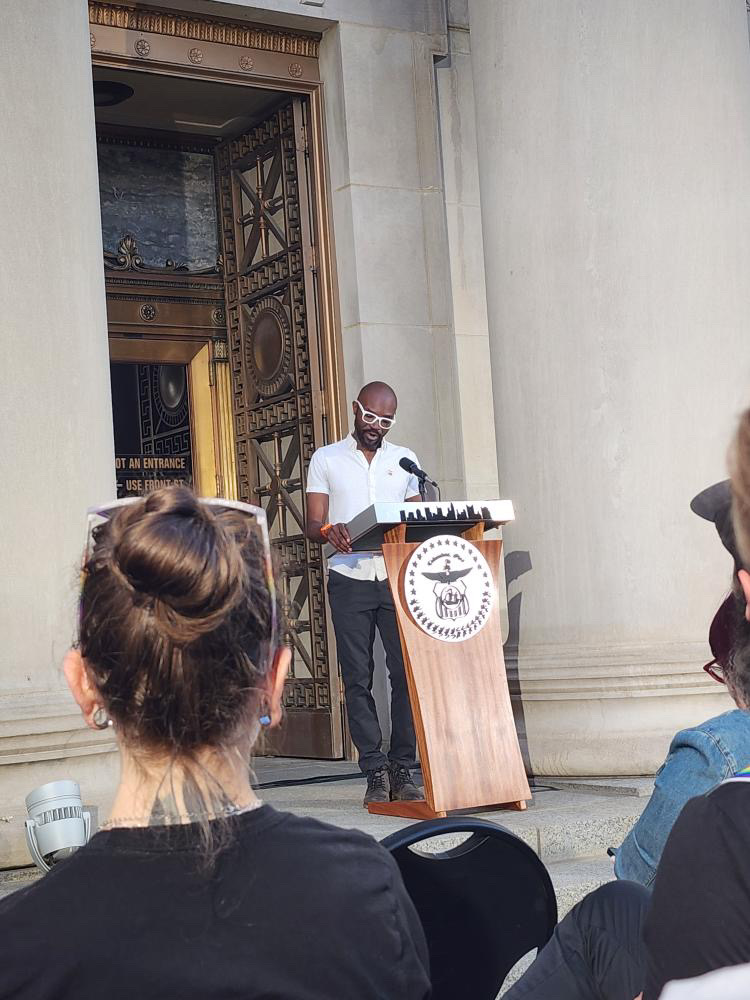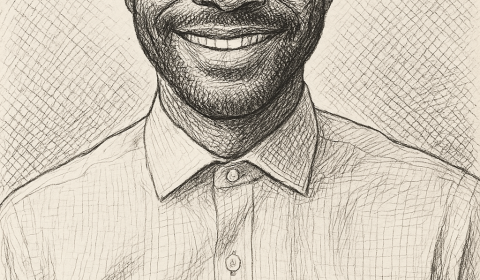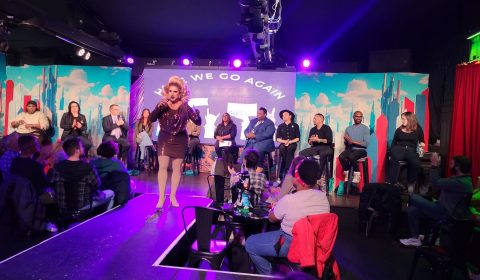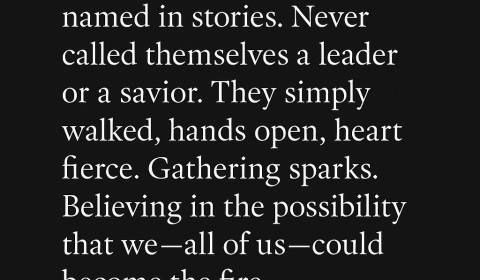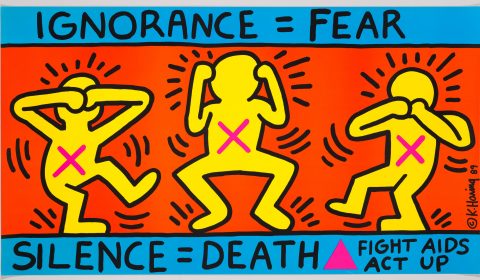Fifty-five years ago, the Stonewall Uprisings sparked a flame that would ignite the modern LGBTQ+ rights movement. Led by courageous Black and brown individuals, the uprising was not just a fight against police brutality but a demand for dignity and equality. The Stonewall Riot on June 28, 1969, was a response to relentless oppression, the tension from ongoing harassment galvanized the LGBTQ+ community to riot for six days, and it catalyzed a global movement. The bravery shown during the riots has inspired generations to continue the fight for justice, equity, equality, and liberation.
This pivotal moment in America’s story led to the annual recognition and celebration of Pride that we see around the world–turning a protest into a powerful symbol of our community’s resilience and unity.
Despite the progress made since the Stonewall Uprisings, the LGBTQ+ community continues to face significant legal and societal challenges that impede true acceptance and equality. While we celebrate legislative victories, we also confront a resurgence of legal battles aimed at undermining the rights we have diligently fought to secure. Across the country, states are enacting laws that restrict the rights of transgender individuals, limit LGBTQ+ education in schools, and endorse discrimination under the guise of religious freedom. These legislative efforts are not merely political—they profoundly affect the lives and well-being of countless individuals.
Beyond the legal landscape, the pervasive social stigma associated with being openly LGBTQ+ manifests in discrimination, violence, and exclusion, impacting aspects of daily life many take for granted. For those of us at the intersections of multiple marginalized identities, such as LGBTQ+ individuals who are also people of color, the challenges are compounded. Intersectionality not only layers these difficulties but also complicates our visibility and representation, underscoring the necessity of being seen fully—at every table we’re invited to and in every space we step into.
Reflecting on my journey as a Black queer person who this week had the opportunity to speak and be present at events at the New York Stock Exchange and the White House, I recognize these are moments I could have never imagined as a gay kid, a Black kid, an immigrant, growing up in New York. Showing up in these influential spaces was something beyond the realm of possibility in the landscape of my youth. Yet, there I was, representing not my own dreams but the hopes of a community—we should not only present but remember we are powerful and deserving of every opportunity.
These experiences underscore the importance of fighting not only for legal protections but also for societal acceptance. They remind us that our work is not done until every one of us can live without fear of discrimination—celebrated not in spite of our identities but because of them. It is and will always be the intersectionality within our community that feeds our combined power, which will make change happen, inspire generations to never stop dreaming, and empower allies to become accomplices—to save our own lives.
As the Executive Director of Stonewall Columbus, I have had the privilege to speak at the City of Columbus Pride Illumination ceremony for several years. My message consistently emphasizes that LGBTQ+/Queer pride is a part of American history, and while LGBTQ+ history has often not been told, we must do the work of sharing the stories of those who have shaped our American history.
On the steps of Columbus’ City Hall, I have invoked the names of Marsha P. Johnson, Sylvia Rivera, Bayard Rustin, and Steve Shellabarger—among others. The duality of the moment for me is that we can listen to the angelic troublemakers while honoring the boisterous agitators—because both of these groups got us here.
Our community consists of intersections, and we must work together to uplift the various identities within our intersectional community. We must find ways to demonstrate our community’s capacity to make things happen and must do so standing together—in our power—not against.
We must remember that Pride is not solely about parties and parades. It is about celebrating our community, our culture, our resilience, and our ongoing fight for justice, equality, equity, and liberation—which may indeed result in parties, parades, and marches.
Fifty-five years ago, the Stonewall Uprisings sparked a flame that would ignite the modern LGBTQ+ rights movement. It is the same flame that inspires me to live out loud each and every day. 1969 was an uprising—1970 to now ensures we never forget.
